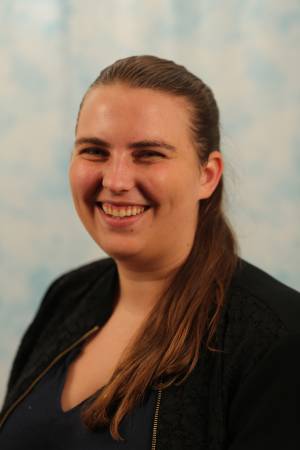Student Talks
Physical Process-Informed Mapping for Robotic Exploration
Abstract: Mobile robots used for information gathering tasks rely on dense, predictive mapping of large-scale regions to determine where to take measurements. Current approaches to mapping commonly rely on Gaussian process regression to spatially correlate data, extrapolate from sparse samples, and estimate uncertainty. However, these approaches do not incorporate meaningful information about physical processes that [...]
Moving Lights and Cameras for Better 3D Perception of Indoor Scenes
Abstract: Decades of research on computer vision have highlighted the importance of active sensing -- where an agent controls the parameters of the sensors to improve perception. Research on active perception in the context of robotic manipulation has demonstrated many novel and robust sensing strategies involving a multitude of sensors like RGB and RGBD cameras [...]
Learning to create 3D content
Abstract: With the popularity of Virtual Reality (VR), Augmented Reality (AR), and other 3D applications, developing methods that let everyday users capture and create their own 3D content has become increasingly essential. Current 3D creation pipelines often require either tedious manual effort or specialized setups with densely captured views. Additionally, many resulting 3D models are [...]
Trustworthy Learning using Uncertain Interpretation of Data
Abstract: Motivated by the potential of Artificial Intelligence (AI) in high-cost and safety-critical applications, and recently also by the increasing presence of AI in our everyday lives, Trustworthy AI has grown in prominence as a broad area of research encompassing topics such as interpretability, robustness, verifiable safety, fairness, privacy, accountability, and more. This has created [...]
VoxDet: Voxel Learning for Novel Instance Detection
Abstract: Detecting unseen instances based on multi-view templates is a challenging problem due to its open-world nature. Traditional methodologies, which primarily rely on 2D representations and matching techniques, are often inadequate in handling pose variations and occlusions. To solve this, we introduce VoxDet, a pioneer 3D geometry-aware framework that fully utilizes the strong 3D voxel [...]
Voxel Learning for Novel Instance Detection
Abstract: Detecting unseen instances based on multi-view templates is a challenging problem due to its open-world nature. Traditional methodologies, which primarily rely on 2D representations and matching techniques, are often inadequate in handling pose variations and occlusions. To solve this, we introduce VoxDet, a pioneer 3D geometry-aware framework that fully utilizes the strong 3D voxel [...]
Sensorimotor-Aligned Design for Pareto-Efficient Haptic Immersion in Extended Reality
Abstract: A new category of computing devices is emerging: augmented and virtual reality headsets, collectively referred to as extended reality (XR). These devices can alter, augment, or even replace our reality. While these headsets have made impressive strides in audio-visual immersion over the past half-century, XR interactions remain almost completely absent of appropriately expressive tactile [...]
Evaluating and Improving Vision-Language Models Beyond Scaling Laws
Abstract: In this talk, we present our work on advancing Vision-Language Models (VLMs) beyond scaling laws through improved evaluation and (post-)training strategies. Our contributions include VQAScore, a state-of-the-art alignment metric for text-to-visual generation. We show how VQAScore improves visual generation under real-world user prompts in GenAI-Bench. Additionally, we explore training methods that leverage the language [...]
Whisker-Inspired Sensors for Unstructured Environments
Abstract: Robots lack the perception abilities of animals, which is one reason they can not achieve complex control in outdoor unstructured environments with the same ease as animals. One cause of the perception gap is the constraints researchers place on the environments in which they test new sensors so algorithms can correctly interpret data from [...]
Strategy and Skill Learning for Physics-based Table Tennis Animation
Abstract: Recent advancements in physics-based character animation leverage deep learning to generate agile and natural motion, enabling characters to execute movements such as backflips, boxing, and tennis. However, reproducing the selection and use of diverse motor skills in dynamic environments to solve complex tasks, as humans do, still remains a challenge. We present a strategy [...]








